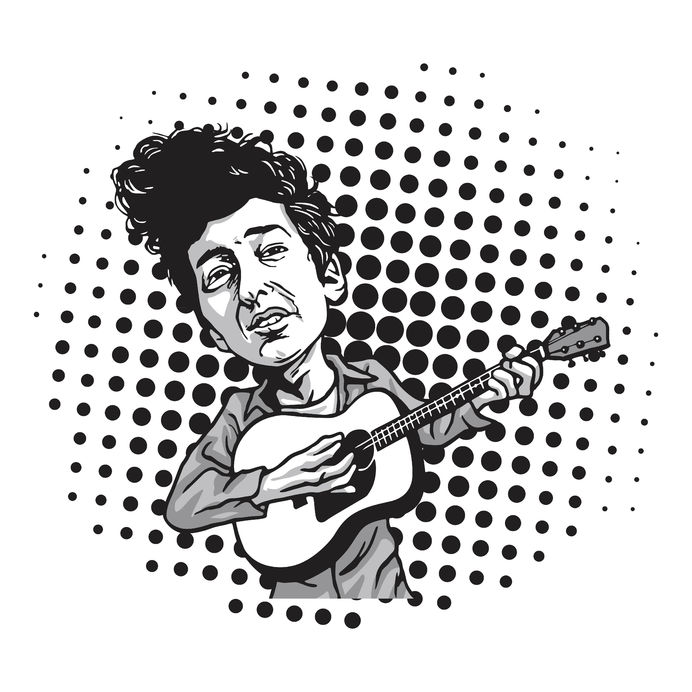Good poetry, I believe, projects the essence of culture. It conveys profound concepts and articulates observations while captivating the listener with its beauty and power. It does this with a matchless performance of words that blend language with wisdom. The listener is both enlightened and entertained. Bad poetry, on the other hand, has little effect on its audience, is usually mundane and disregards culture.
Were it not for good poetry, my enduring love for the English language would have been only a flirtation. Regrettably, I find that a lot of poetry churned out today is of the bad sort. Several readings I recently attended drove this home. These events were billed as poetry presentations, but, frankly, I didn’t hear anything I would call a poem.
When I reflect on the role poetry has played in my education I bemoan this all the more. Before I started school I was read Mother Goose rhymes and Stevenson’s A Child’s Garden of Verses. I can still see my father walking about, morning coffee in hand, reciting the greats along with poems of his own creation. He had been educated between the world wars when memorizing was mandatory. In the 1950s I was spared the bulk of the learn-by-heart regime, but that didn’t mean schools had sidelined poetry.
I’m not lamenting the ousting of traditional rhyme-and-metre poetry by prose poetry or, as we called it, free verse. A prose poem possessing the poetic features of imagery, verbal adroitness and striking rhythms can be a tour de force. Moreover, prose poetry is not new; Chaucer, Milton and Pope all wrote some, but theirs was actually, shall I say it, poetic.
I fear many contemporary poets are influenced by the cult of postmodernism that’s determined to kick sand in the face of civilization. They have a right to do this, but it seems such defiance of culture is an excuse for laziness and banality. The result is a product that’s often simply prosaic and dull, not only unmemorizable but unmemorable.
Some poetry presenters thank their editors, and I wonder how poetry can be edited or whether, in fact, it should be by anyone besides the author. Poetry is a personal statement, not suited to collaboration. Such questions were addressed in April by Editors Toronto.
To find good poetry check out popular music lyrics over the last 70 years. I did not squawk when Bob Dylan won the Nobel Prize for Literature two years ago. And I’m happy the late Gord Downie’s lyrics are studied in school.
After patiently sitting through readings I restored my serenity with nips from old anthologies. Only these volumes can comfort me now.
The following lines are from the opening stanza of “The Second Coming,” a great poem written a century ago by Nobel laureate W.B. Yeats. Shaken by the carnage of the Great War, the cataclysm of the Russian Revolution and political turmoil in his native Ireland, Yeats senses this is just a foretaste of the awaiting butchery.
…Mere anarchy is loosed upon the world,
The blood-dimmed tide is loosed, and everywhere
The ceremony of innocence is drowned;
The best lack all conviction, while the worst
Are full of passionate intensity.
Read all of it here. As happens with good poetry Yeats’s metaphors transcend his era, and they are continually referenced to this day. I invite readers to submit a favourite excerpt, either time-honoured or contemporary.
___
Previous post from Wilf Popoff: Wasted Words: Exploration or Exploitation?
The Editors’ Weekly is the official blog of Editors Canada. Contact us.
Discover more from The Editors' Weekly
Subscribe to get the latest posts sent to your email.
